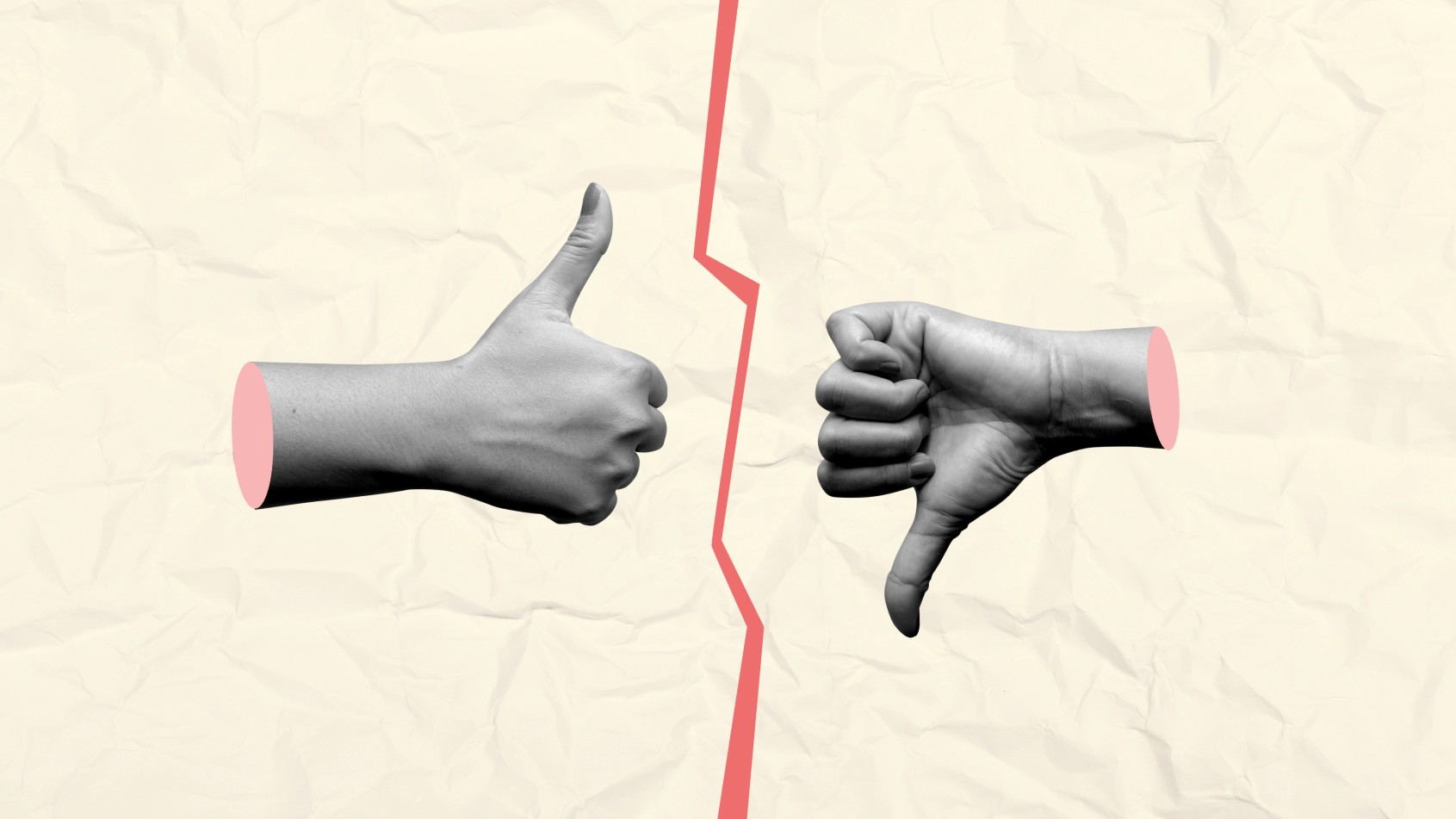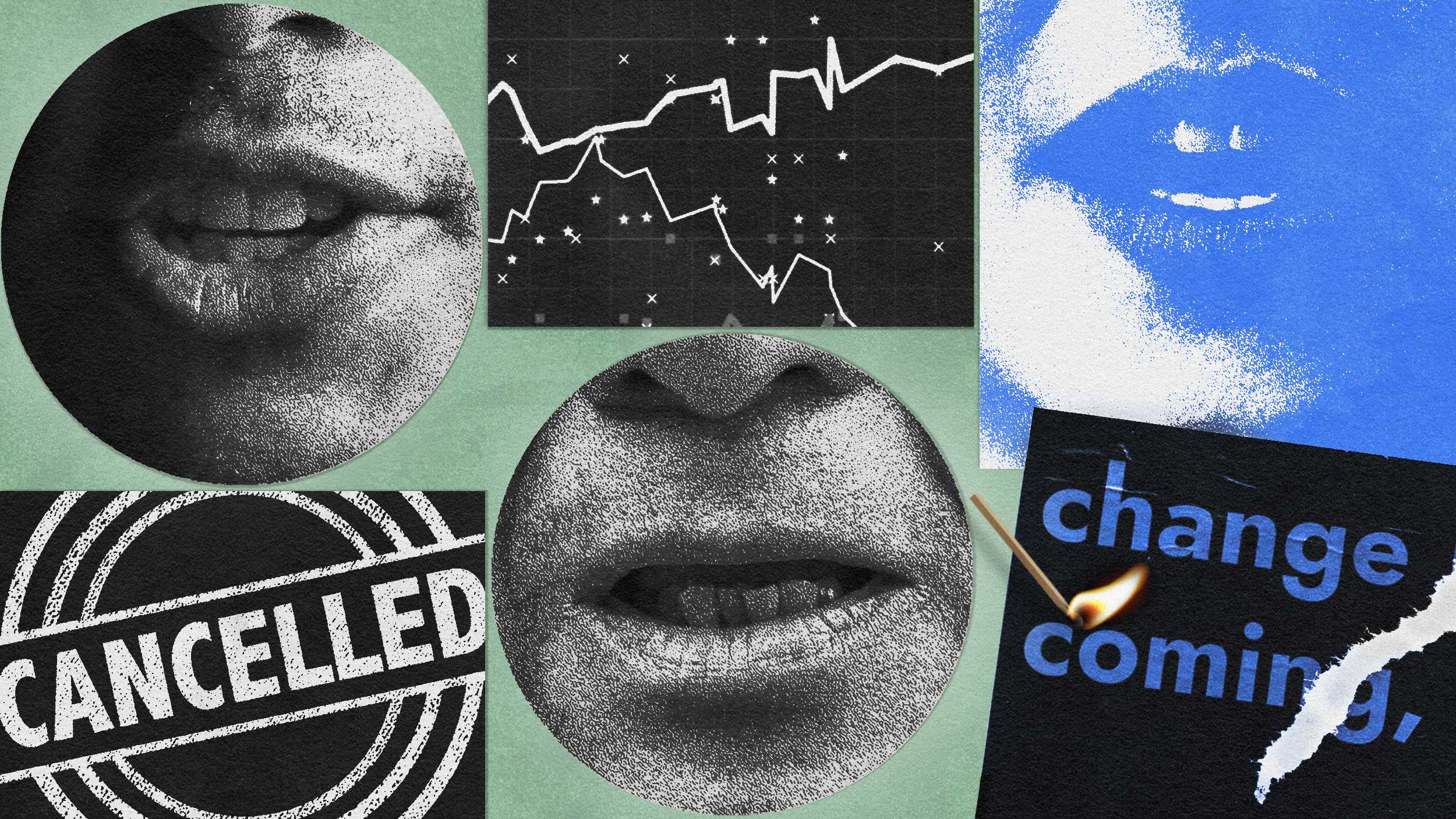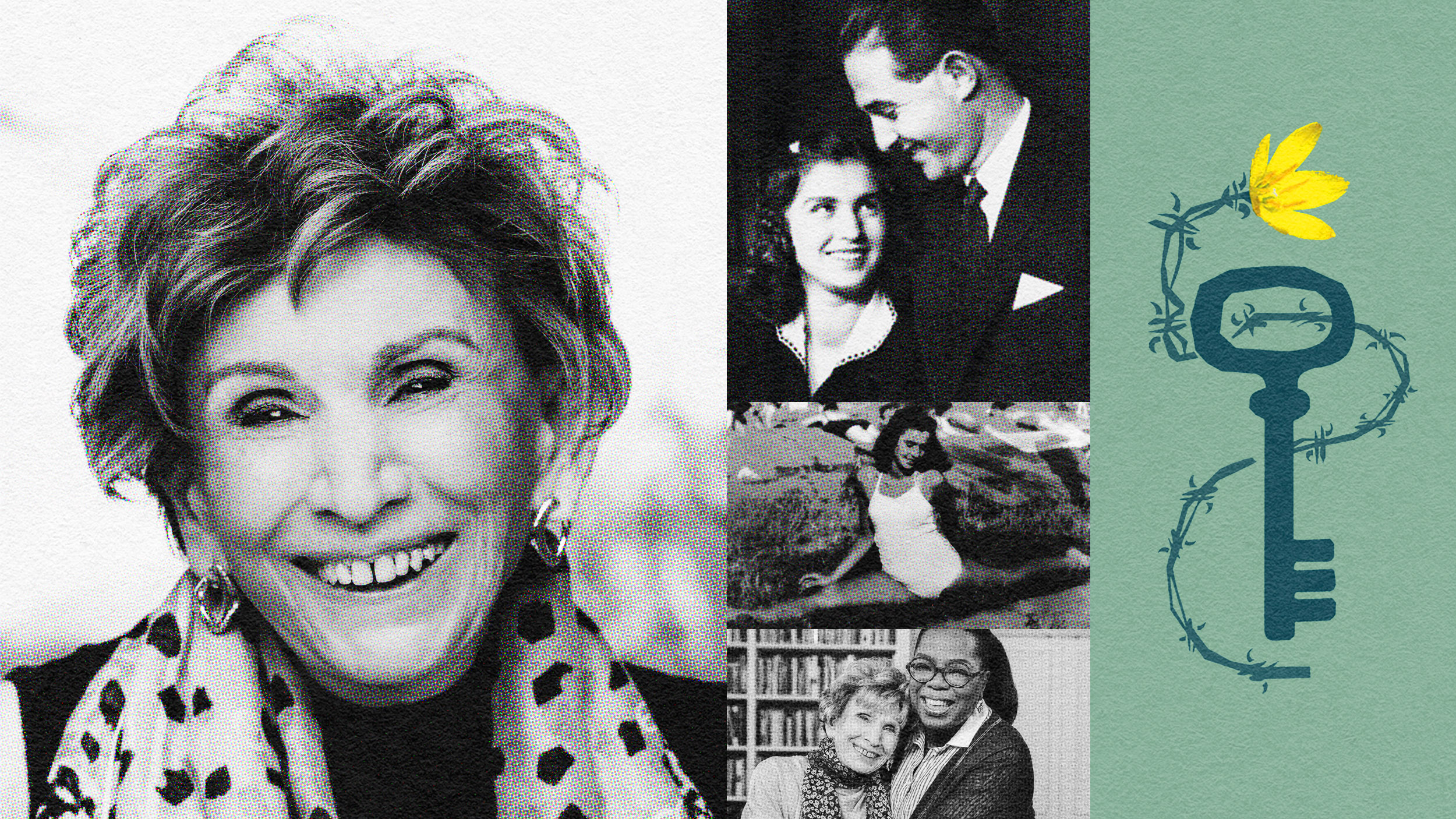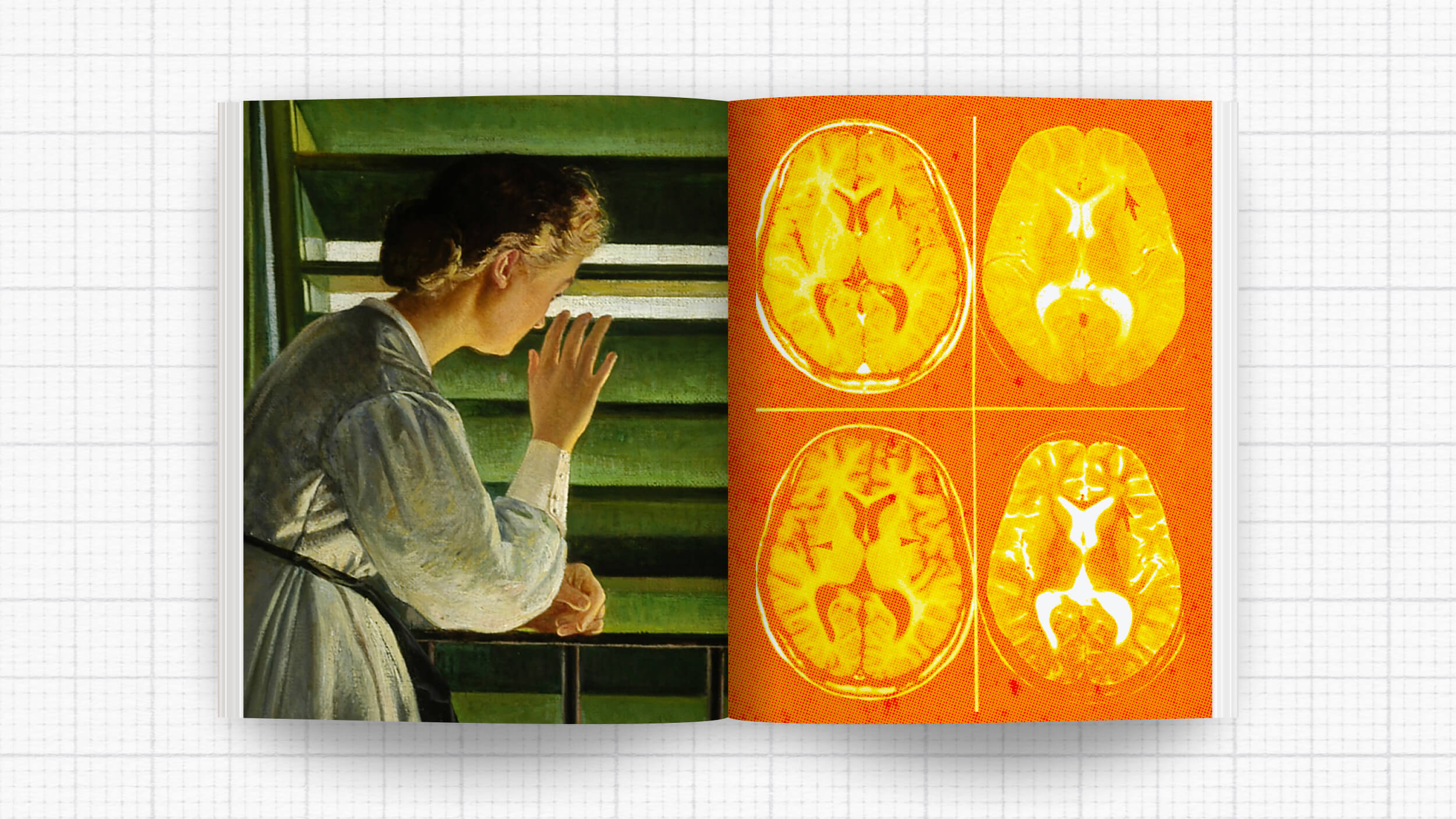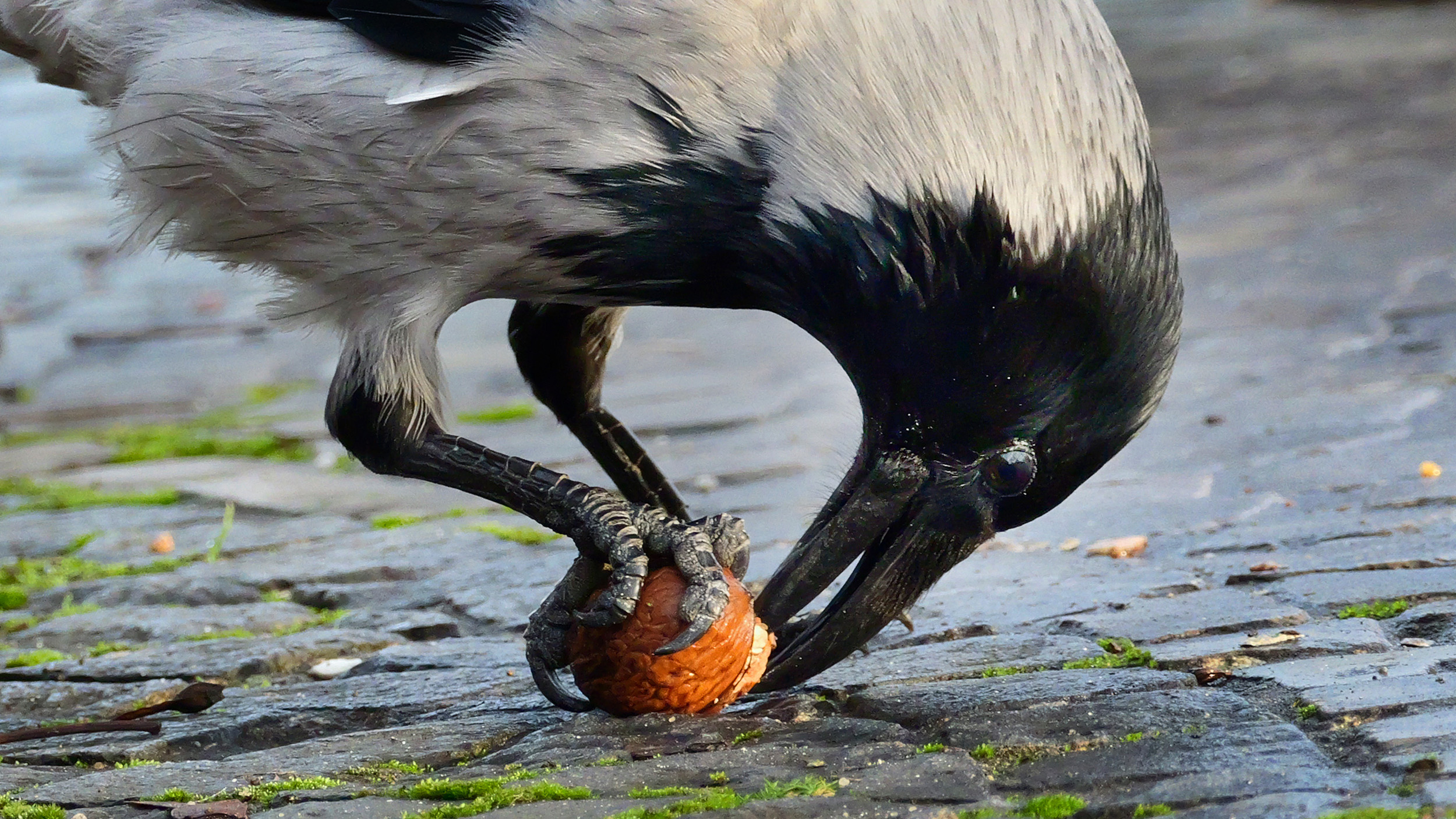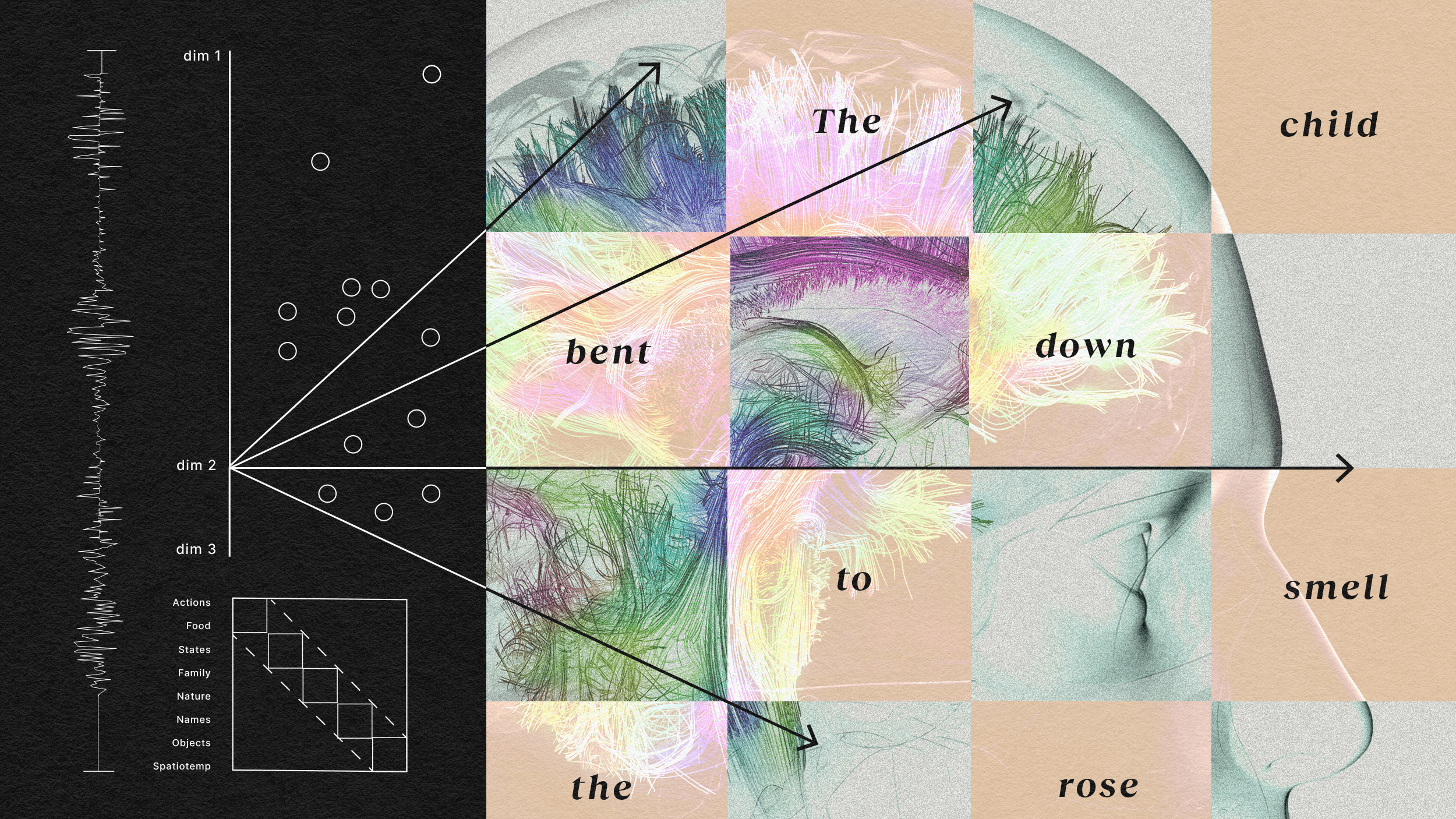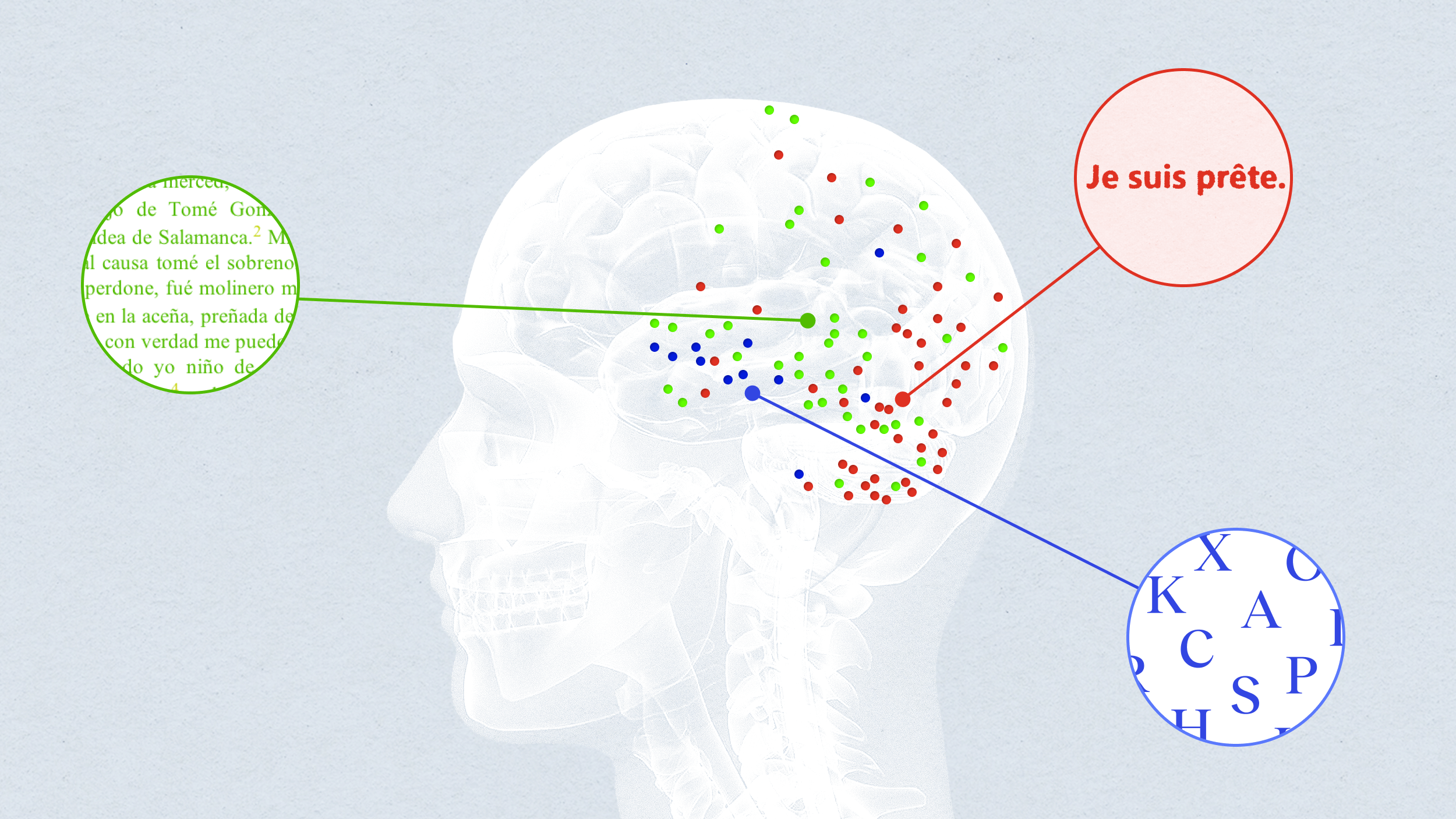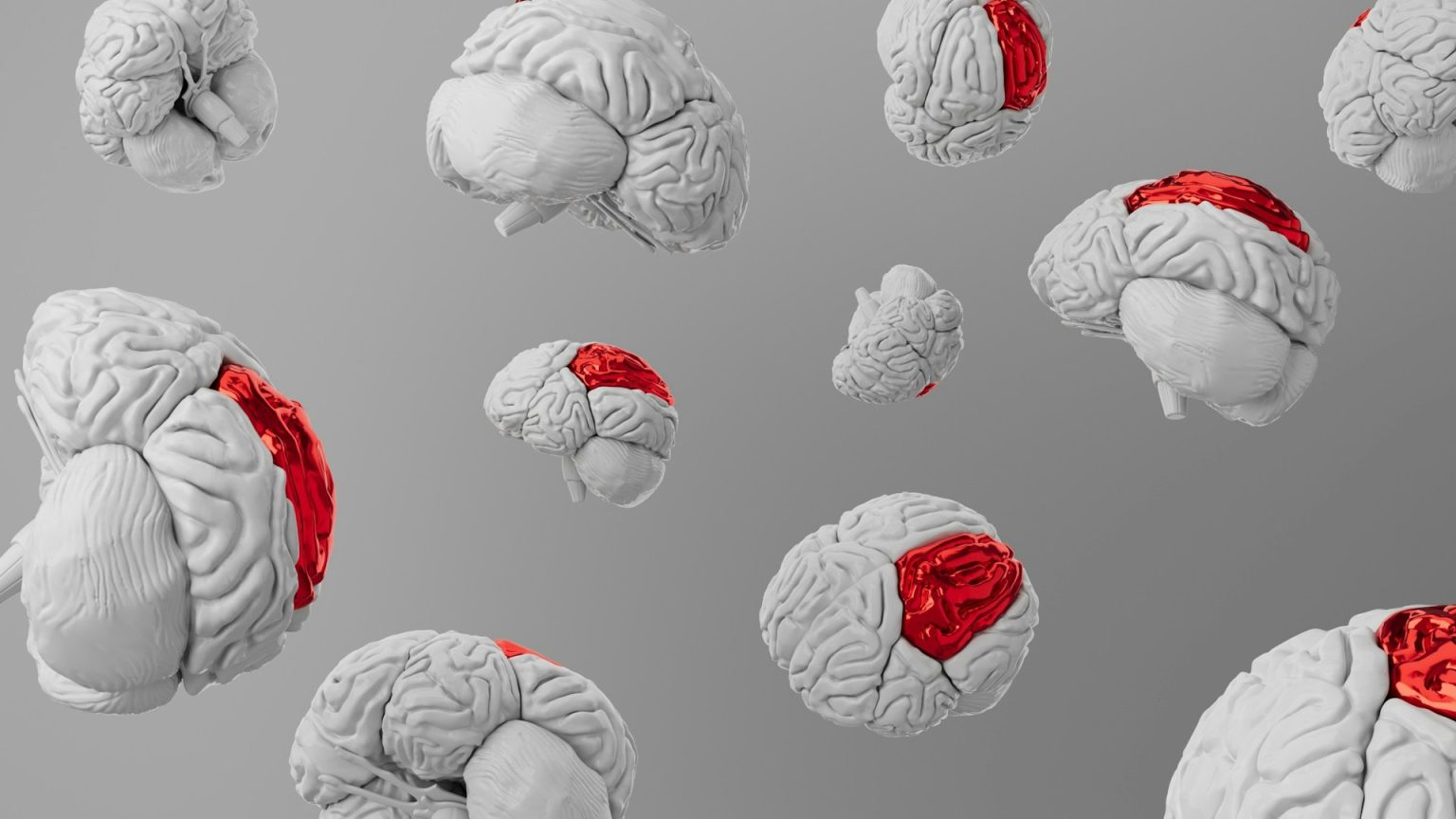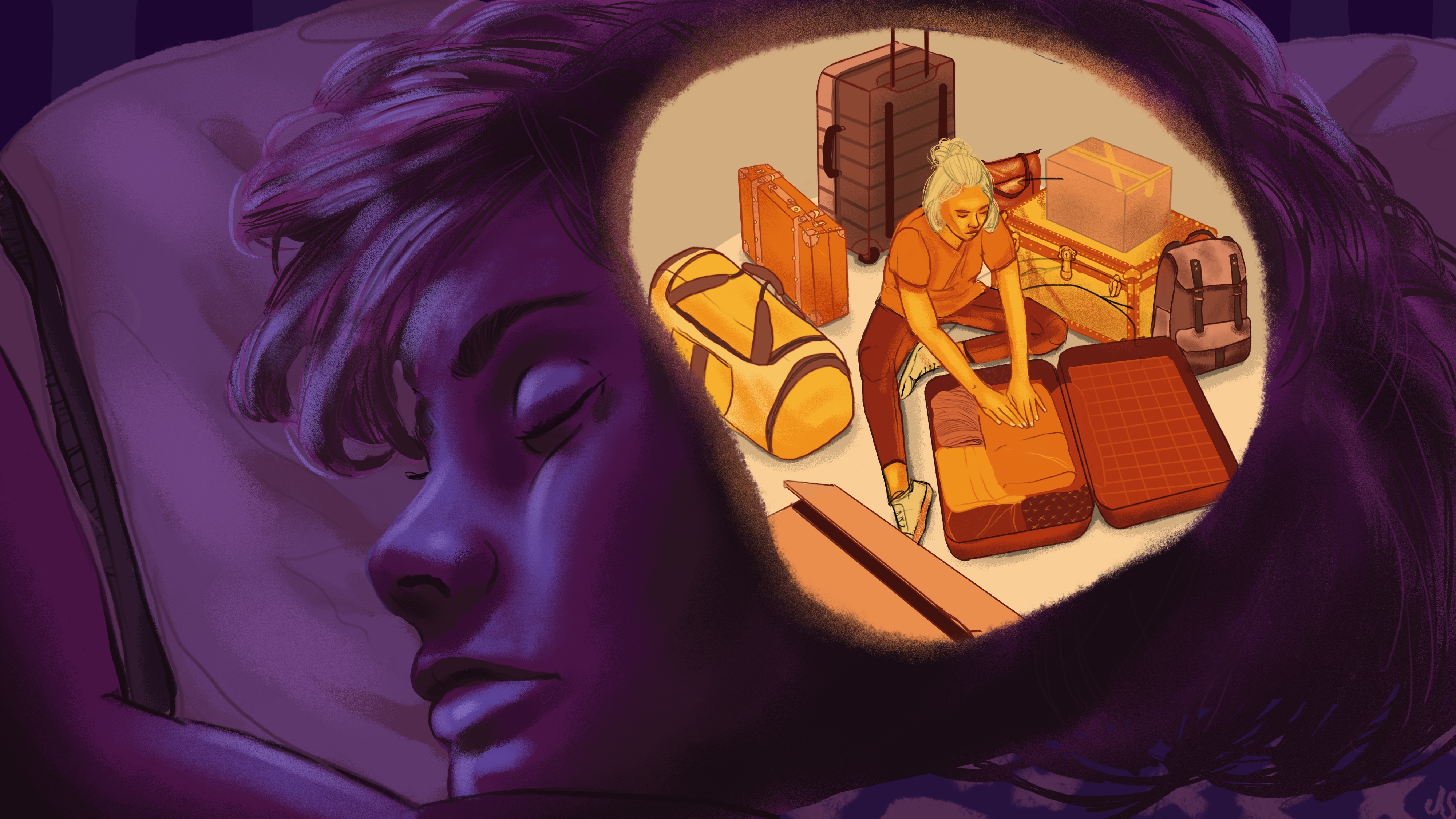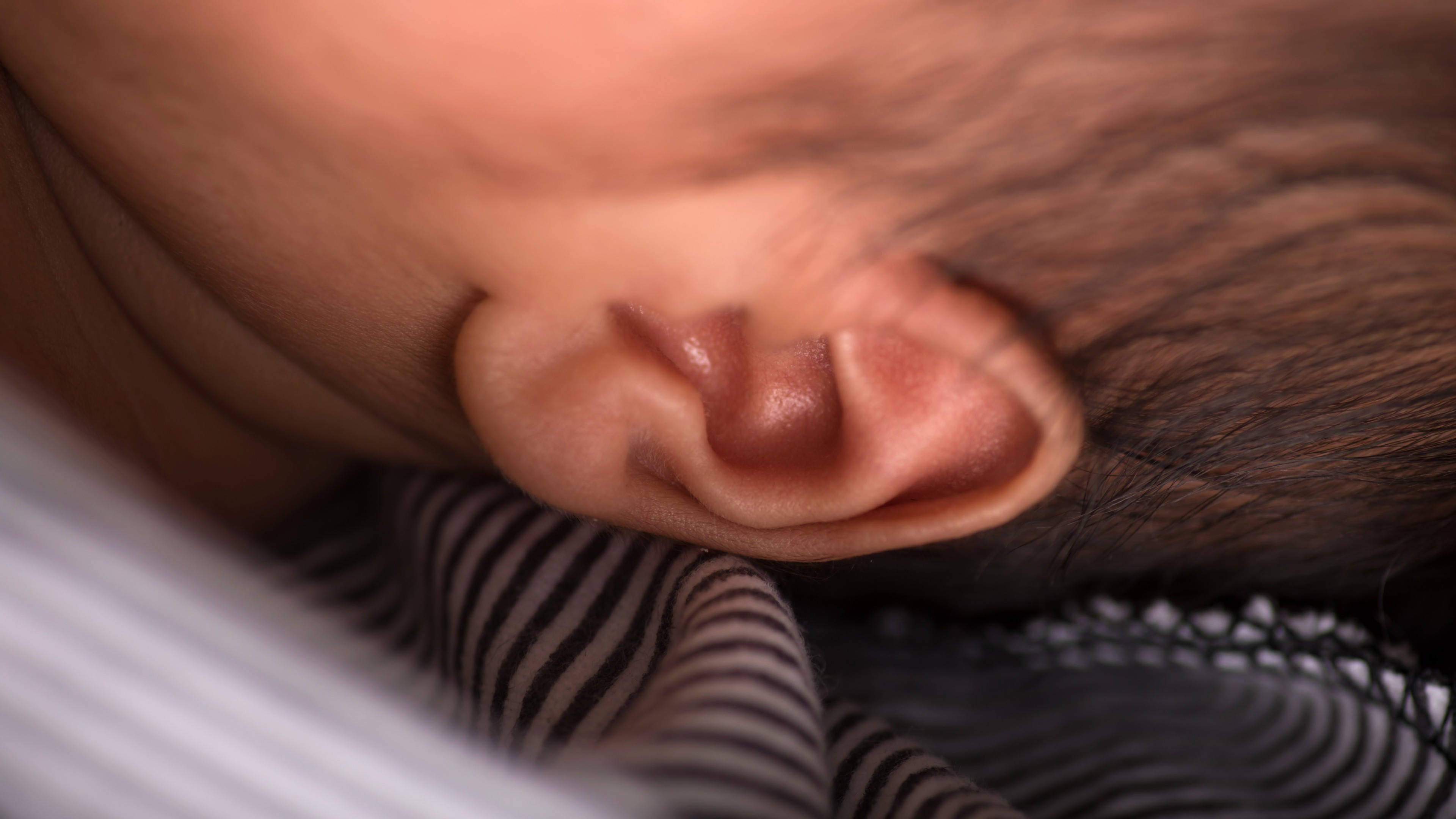Neuropsych
All Stories
New research is uncovering why we eat first with our expectations.
From King Midas to Gordon Gekko, humanity has struggled to grasp greed’s true nature.
Hawking’s refusal to upgrade his communication system preserved a voice that became iconic, not just for its sound, but for the profound identity it conveyed.
“Okay, dad, but GMOs help feed the world.”
The biases that shape our understanding of the mind.
Participants’ brains revealed they were doing a kind of “neural replay” of the game they had been manipulated to win.
When appraising human behavior, people tend to forgo the lessons of psychology in favor of assumption and anecdote.
The psychology of people who cut off all communication—and how that affects their partners.
When it comes to behavior, genetics may play a larger role than you think.
Listen, set boundaries, and point them where to go.
The color of the shirt you’re wearing right now depends on many factors, from your eye shape to what language you speak.
Scientists have created a magnificent portrait of every connection among neurons in a fruit fly’s brain.
In his latest book, Malcolm Gladwell explores a strange phenomenon of group dynamics.
“I am free. It’s a lot of effort to be free from the prison that is in your mind, and the key is in your pocket.” – Edith Eva Eger
“The primary way that people make friends is through institutions.”
Plenty of parents feel guilty about wanting to skip playtime, but there’s no need.
Changing the narrative on false memories might be surprisingly simple.
Research suggests curiosity triggers parts of the brain associated with anticipation, making answers more rewarding once discovered.
New evidence suggests the corvid family has surprising mental abilities.
The findings show that even small areas in the brain may have the potential to represent complex meanings.
In the brain’s language-processing centers, some cells respond to one word, while others respond to strings of words together.
Meet the scientist mixing mentalism with principles from positive psychology and the science of human potential.
In a major shift, psychologists now view an out-of-control compulsion to work as an addiction with its own set of risk factors and consequences.
Thinking of a number between one and ten? Here’s how predictable human responses create the illusion of telepathy.
Manipulating a signaling pathway in mice reversed their anxiety — and offers hope for a new class of anti-anxiety medications for humans.
“The brain is never the same from one moment to the next throughout life. Never ever.”
“Upon emergence, these patients are sincerely unsure what was reality and what was a ‘dream.'”
We must get happiness right — even when the world around us gets it wrong.
For most of human history, babies probably picked up language by overhearing.
The evidence is far less clear than popular media might lead you to believe.



